These plants have evolved to absorb metal from the soil via Seeker.
Category: food – Page 225
Forbes 30 under 30 Asia Innovators 2020 from Pakistan Create PakVitae for the World
Rabia Nusrat, an environmental engineering student, Global UGRAD alumni, in her final year at University of Engineering and Technology, UET, Lahore, Pakistan and the first ideaXme public interviewer, interviews Shayan Sohail Sarwar, Forbes 30 Under 30 Asia Innovator and Chief Technology Officer PakVitae.
PakVitae:
PakVitae, founded in 2016, is a multi-million dollar clean water technology startup based in Pakistan.
The organisation’s mission is to provide 10 Million people with access to clean drinking water by 2022. https://www.pakvitae.org through offering the “worlds first ever intrinsically antimicrobial membranes that are biofouling resistant hence are failsafe”. In this ideaXme public interview discover details of their technology, as well as Shayan’s approach to innovation — “there can be no innovation without empathy”. https://www.linkedin.com/in/shayansohailsarwar/
Comment from PakVitae:
“We are a technology company. Our membranes are developed by a team of industry leading experts with decades of proven experience and success in the membrane industry. Applications include municipal water and wastewater treatment, industrial biotechnology, and food and beverage production.
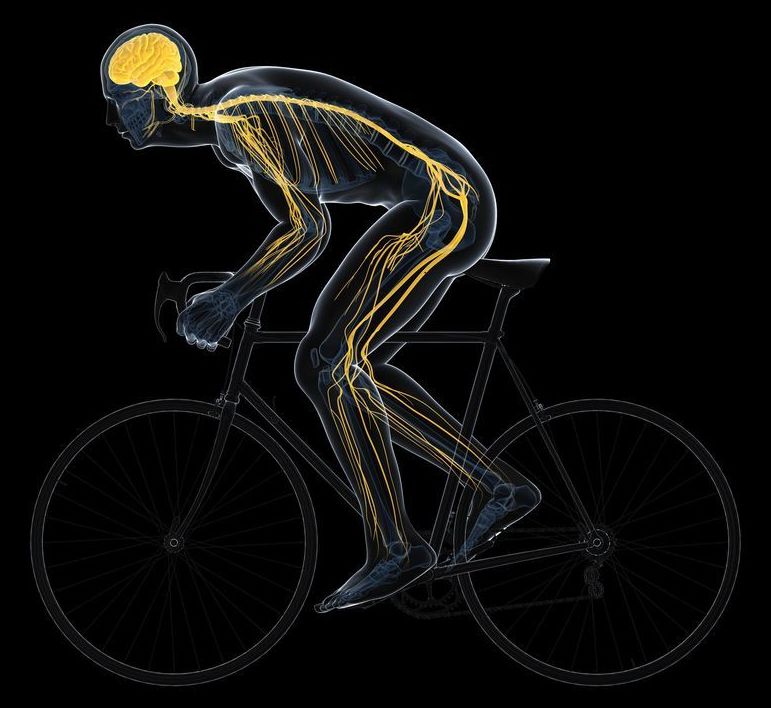
Brain study reveals one type of exercise increases stress resilience
In a recent study conducted in mice, researchers became one step closer to that understanding, discovering that exercise actually strengthens the brain’s resilience to stress. Exercise helps animals cope with stress by enabling an uptick in a crucial neural protein called galanin, the study suggests. This process influences stress levels, food consumption, cognition, and mood.
Leveraging this finding, researchers were able to genetically tweak even sedentary mice’s levels of galanin, shifts that lowered their anxious response to stress.
The study’s authors explain that this study helps pin down the biological mechanisms driving exercise’s positive effects on stress. While further human experiments are needed to confirm these findings, the researchers have practical advice for people looking to get these benefits: perform regular, aerobic exercise.
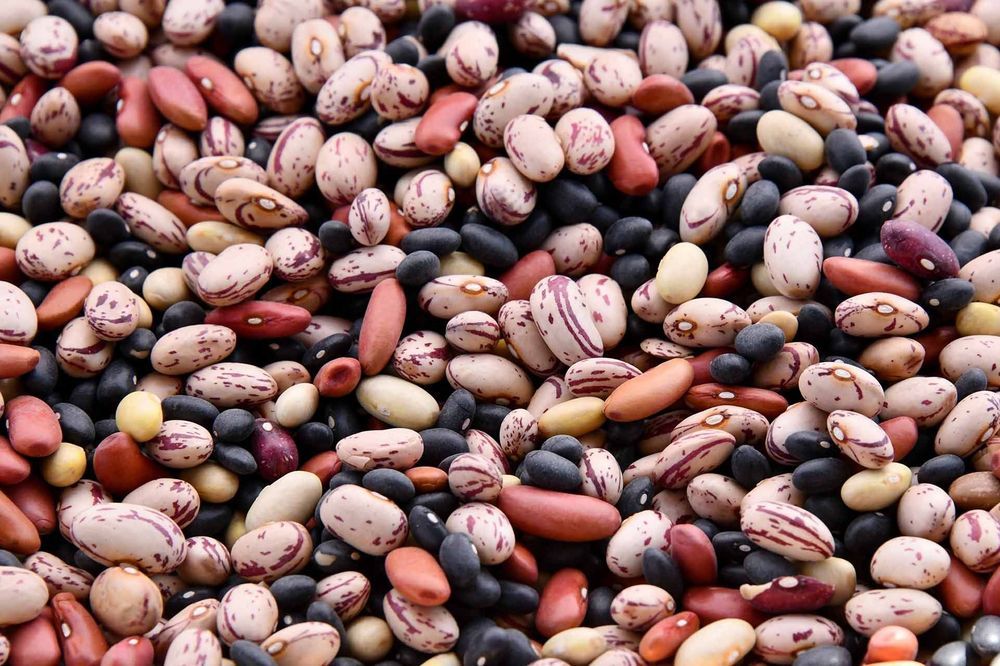
Newly discovered sugar transporter might help beans tolerate hot temperatures
We also discovered that our protein is located at the plasma membrane, the boundary between the inside and outside of a cell. This is critical. We are putting stock in the idea that this transporter moves sucrose from the outside of cells and into the phloem. To perform this function, its location on the plasma membrane is a must.
MSU-DOE Plant Research Laboratory (PRL) scientists have characterized a sucrose transporter protein found in common beans. The recently discovered protein could help us understand how beans tolerate hot temperatures. The transporter, called PvSUT1.1, is reported in the journal Plant Direct.
During photosynthesis, bean leaves capture carbon dioxide from the air and convert it into sugars that fuel their growth and development. Most species transport these sugars throughout the plant in the form of sucrose.
The sucrose travels through a system of vein-like highways, called the phloem, that permeates the entire plant body. A group of helper proteins, aptly called sucrose transporters, load that sucrose from their origin cells into the phloem for transport to growing tissues, such as flowers and fruits.
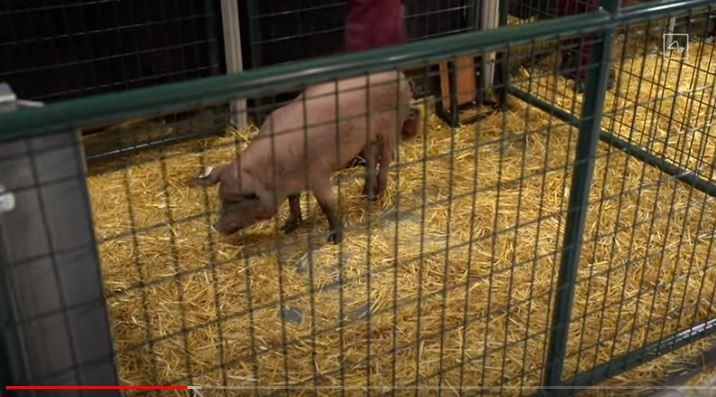
Elon Musk unveils ‘Fitbit in your skull’ brain chip, demonstrates on pig
It was at this webcast that Musk unveiled the latest version of his company NeuraLink’s latest prototype, the Link VO.9 — a chip that would allow humans to control devices with their brains.
Musk said this could eventually help cure people with conditions like memory loss, hearing loss, paralysis, blindness, brain damage, depression and anxiety.
Viewers of the webcast met Gertrude, a pig that had the chip implanted in her brain two months ago. A graph shown onscreen showed the waves inside Gertrude’s brain, which fired when her brain communicated with her snout while she was eating.
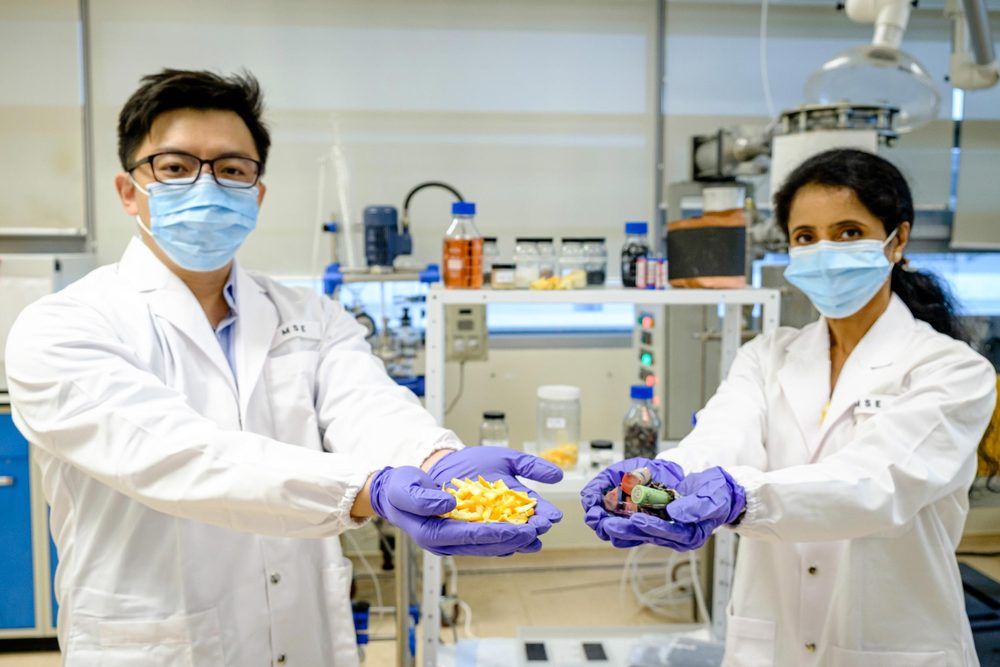
Scientists Use Fruit Peel to Turn Old Lithium-Ion Batteries Into New
Scientists led by Nanyang Technological University, Singapore (NTU Singapore) have developed a novel method of using fruit peel waste to extract and reuse precious metals from spent lithium-ion batteries in order to create new batteries.
The team demonstrated their concept using orange peel, which recovered precious metals from battery waste efficiently. They then made functional batteries from these recovered metals, creating minimal waste in the process.
The scientists say that their waste-to-resource approach tackles both food waste and electronics waste, supporting the development of a circular economy with zero waste, in which resources are kept in use for as long as possible. An estimated 1.3 billion tonnes of food waste and 50 million tonnes of e-waste are generated globally each year.
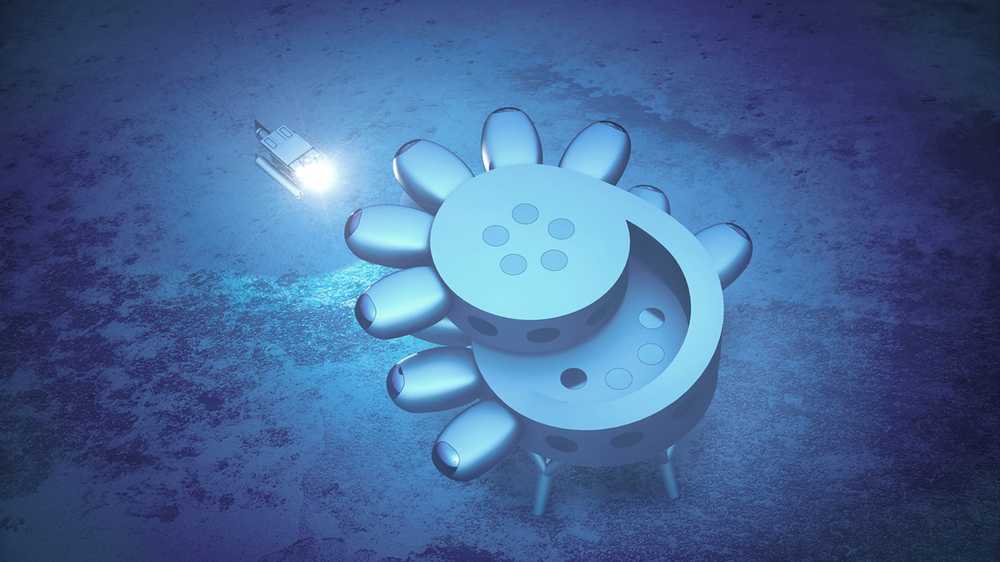
Ambitious designs for underwater ‘space station’ and habitat unveiled
Sixty feet beneath the surface of the Caribbean Sea, aquanaut Fabien Cousteau and industrial designer Yves Béhar are envisioning the world’s largest underwater research station and habitat.
The pair have unveiled Fabien Cousteau’s Proteus, a 4,000-square-foot modular lab that will sit under the water off the coast of Curaçao, providing a home to scientists and researchers from across the world studying the ocean — from the effects of climate change and new marine life to medicinal breakthroughs.
Designed as a two-story circular structure grounded to the ocean floor on stilts, Proteus’ protruding pods contain laboratories, personal quarters, medical bays and a moon pool where divers can access the ocean floor. Powered by wind and solar energy, and ocean thermal energy conversion, the structure will also feature the first underwater greenhouse for growing food, as well as a video production facility.
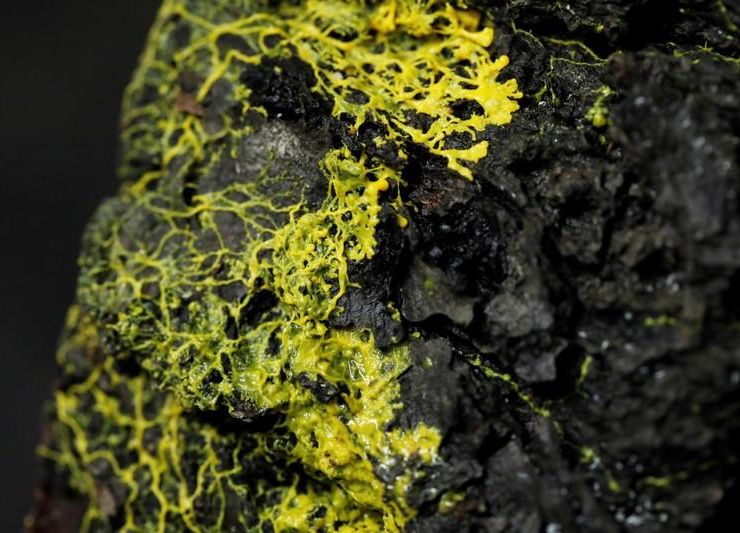
Paris zoo unveils the “blob”, an organism with no brain but 720 sexes
O,.o circa 2019.
PARIS (Reuters) — A Paris zoo showcased a mysterious new organism on Wednesday, dubbed the “blob”, a yellowish unicellular small living being which looks like a fungus but acts like an animal.
This newest exhibit of the Paris Zoological Park, which goes on display to the public on Saturday, has no mouth, no stomach, no eyes, yet it can detect food and digest it.
The blob also has almost 720 sexes, can move without legs or wings and heals itself in two minutes if cut in half.
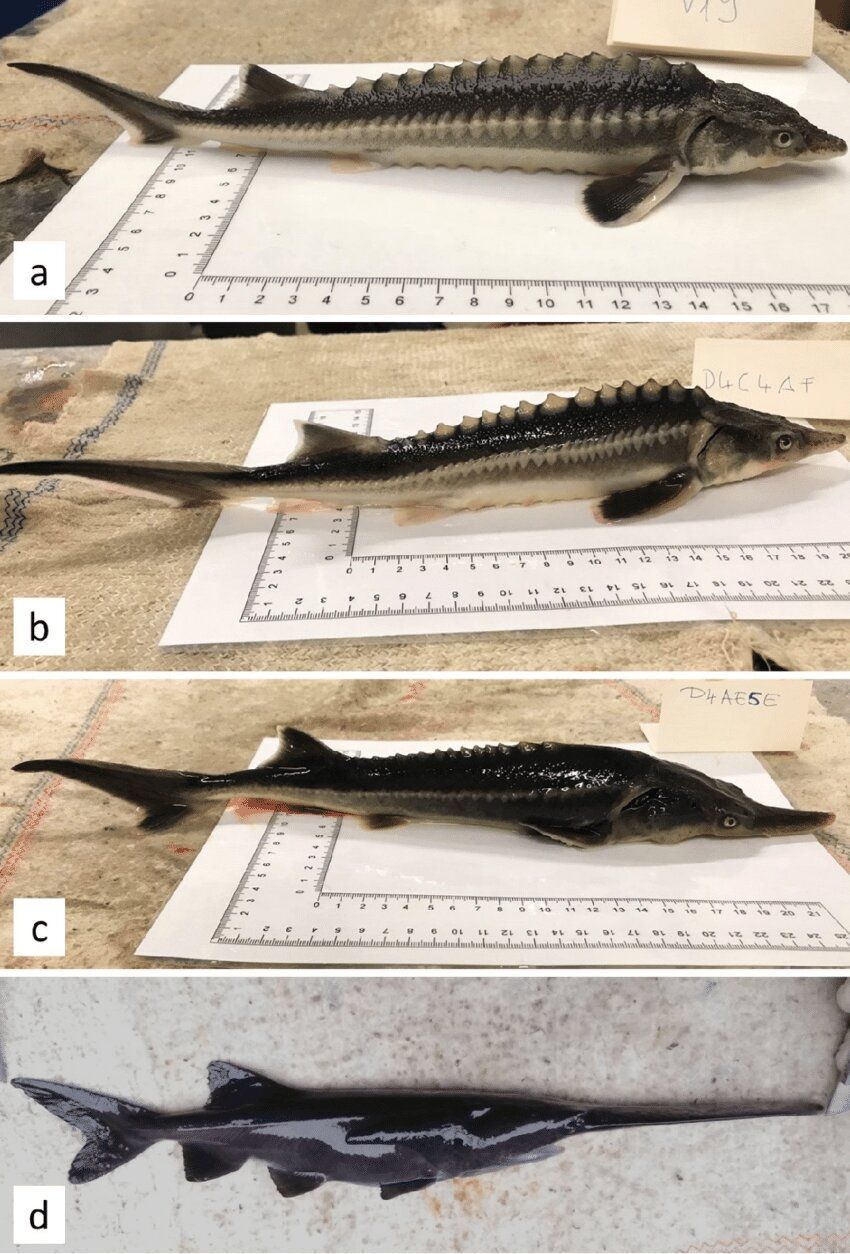
Researchers accidentally breed sturddlefish
Both shocking and intriguing for the possibilities of gynogenesis reproduction in which sperm is used from one creature to fertilize an egg, but its DNA is ignored.
A team of researchers working at Hungary’s National Agricultural Research and Innovation Centre, Research Institute for Fisheries and Aquaculture, has accidentally bred a new kind of fish—dubbed the sturddlefish by some observers, it is a cross between an American Paddlefish and a Russian Sturgeon. In their paper published in the journal Genes, the group describes accidentally breeding the fish and what they learned by doing so.
In the past, scientists and others have bred animals from different species for various reasons, from research to utility—mules (crossed between donkeys and horses) are considered to have beneficial traits from both animals, and ligers (a cross between lions and tigers) have helped researchers understand their respective genetic backgrounds. In this new effort, the researchers claim that they were not trying to create a new type of fish, they were instead attempting to apply gynogenesis (a type of reproduction in which sperm is used from one creature to fertilize an egg, but its DNA is ignored) using American paddlefish and Russian sturgeon. To their surprise, the eggs produced fish that grew to adults.
In studying the hundreds of offspring produced, which some on the internet have named sturddlefish, the researchers found that they fell into one of three main categories: those that looked mostly like their mothers, those that looked mostly like their fathers and those that inherited features of both parents.
Watch: Threatened pools in Mexican desert hold clues to early life
One of, if not the oldest visible form of life, to which we owe much of our original Oxygen rich environment, these Stromatolites are under threat.
Agriculture has threatened an area holding an exceptional array of microbes.